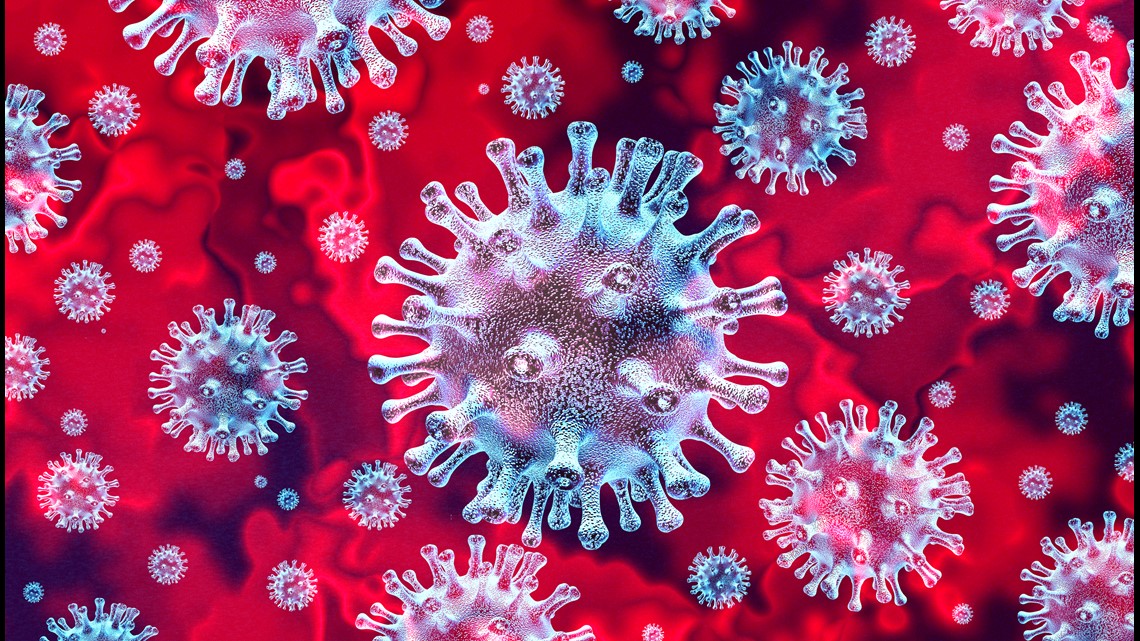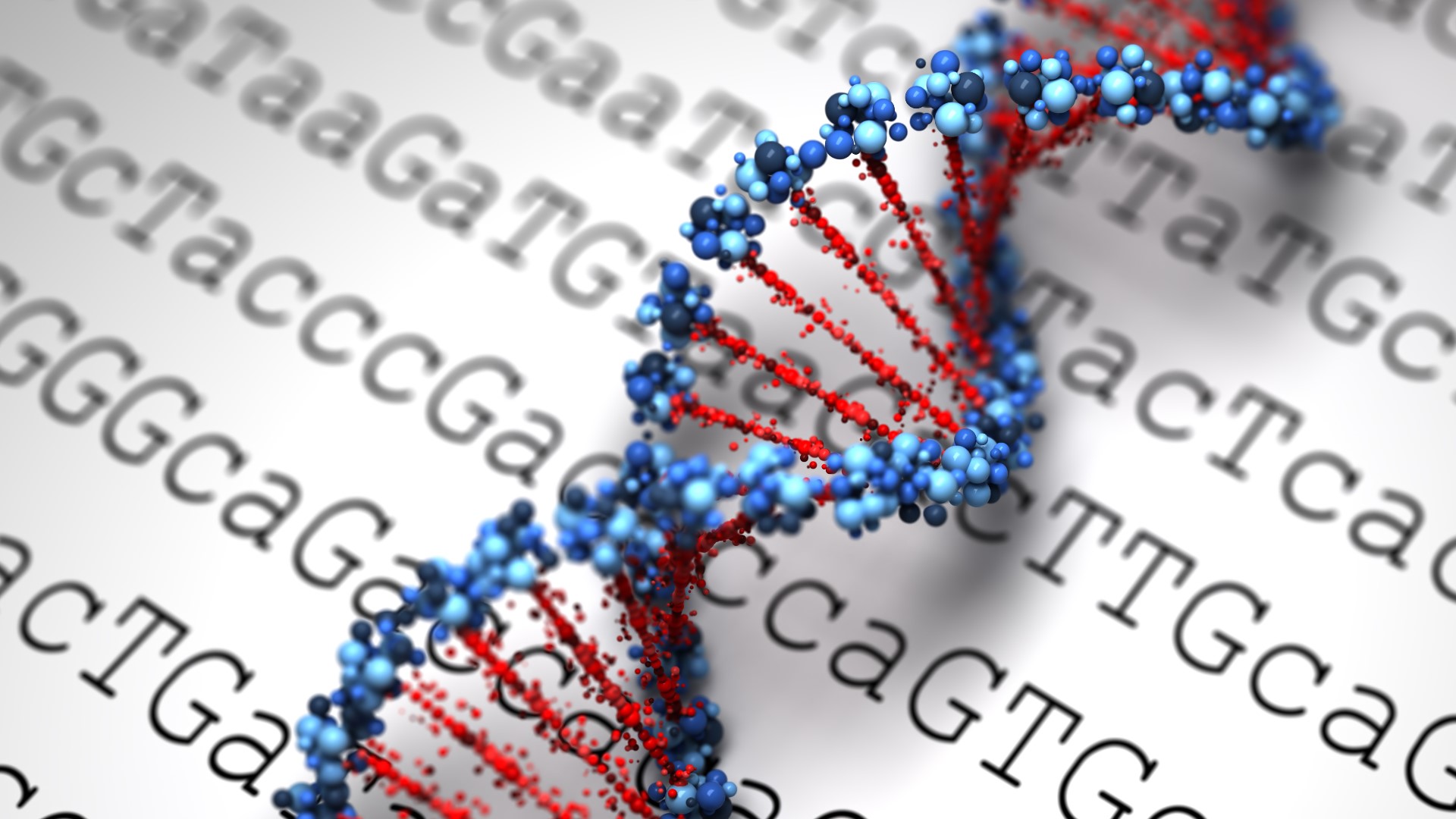ATLANTA — Scientists are discovering new variants of the coronavirus through a process called genetic sequencing, a way of reading the instruction manual the virus is using to replicate and spread.
In Georgia, scientists are looking at anywhere from 5% to 10% of all positive COVID tests in a search for any signs of mutations. Dr. Cherie Drenzek, an epidemiologist with the Georgia Department of Public Health, says scientists see the virus’s genetic code as a series of letters.
“So you end up, there's like four different types of letters, and you line them up,” Drenzek said. “Basically, it's like putting all of the letters together in words.”
That’s the instruction manual.
When viruses replicate, they can make mistakes that change the instructions. Changes in particular areas are important, like the spike protein that helps the virus attach to cells.
“If you look at the changes in all of the letters that code for that protein out on that outside, that can give us an indication that that this particular variant might be different. This particular variant might have the ability to be more contagious,” Drenzek explained.


Once scientists identify a variant, they look at how it behaves in the real world.
“We also need the what we call the epidemiologic data for individuals that are infected with this variant,” Drenzek said. “How does it spread? How fast does it spread?”
Drenzek said genetic sequencing is not a quick read. A virus’s instruction manual is more like a novel but reading through it could hint at what humans can expect next.

